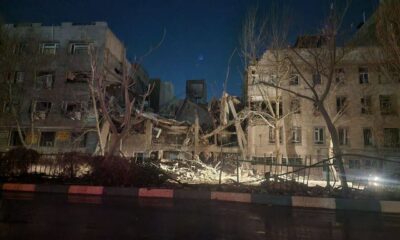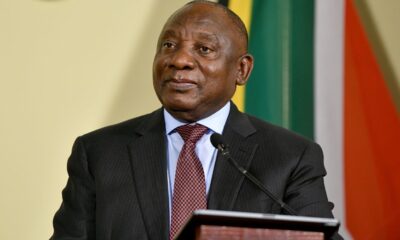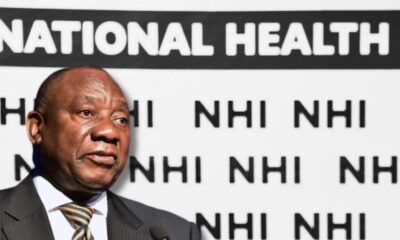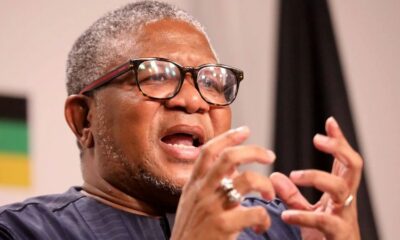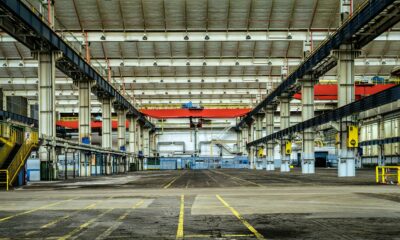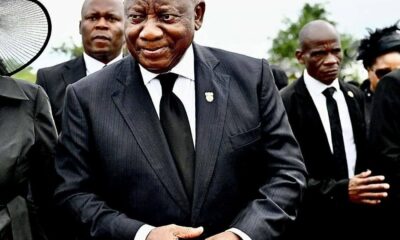News
Why President Ramaphosa Should Slow Down on the National Dialogue
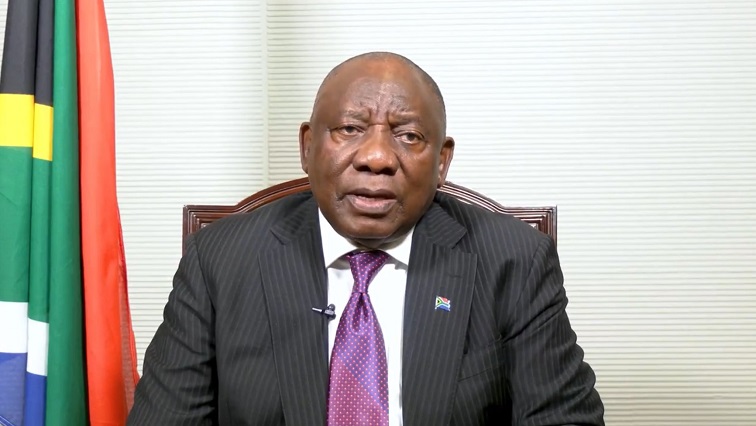
President Cyril Ramaphosa’s long-promised National Dialogue was meant to be a unifying moment, a space where South Africans from all walks of life could gather to confront the country’s biggest challenges. But with only days to go before the scheduled start, the project is fraying at the edges.
Some of its most important backers, including the Thabo Mbeki Foundation and the FW de Klerk Foundation, have walked away. Their concern: the process is being rushed, and there is not enough time for meaningful preparation.
A good idea losing momentum
When civil society first proposed a national conversation, it felt like the right idea at the right time. South Africa was, and still is, facing crippling inequality, spiralling crime, and a sense of political disconnection between citizens and leaders.
The plan was to create an inclusive platform, a democratic “indaba” where everyone from political parties to grassroots organisations could speak frankly about solutions. But what was supposed to be deliberate and well-structured now appears hurried.
Critics say the president is pushing ahead without consensus, risking the credibility of the dialogue before it even begins.
Political scepticism and missing voices
Not everyone was on board from the start. The DA withdrew from the initiative on 28 June 2025, arguing it risked becoming an ANC election platform.
Now, the withdrawal of respected figures like former president Thabo Mbeki from the organising process raises bigger questions. Mbeki’s reputation as an elder statesman could have helped keep discussions balanced and credible. Without him, the gathering risks looking like a one-sided event.
Why the rush now?
Observers are puzzled by the urgency. Ramaphosa is not known for making quick decisions; in fact, his political style is often described as cautious to a fault. That makes the speed of this project stand out, particularly given the ANC’s historical reluctance to fast-track anything other than internal matters.
The stakes are high. A poorly executed dialogue could do more harm than good, deepening mistrust rather than fostering unity.
South Africa does need to talk, but properly
There is no doubt the country needs this conversation. Citizens are frustrated, communities are divided, and urgent issues like corruption, economic decline, and social unrest demand attention. But a rushed, underprepared gathering risks becoming a symbolic gesture instead of a turning point.
If the president truly wants this to be remembered as a constructive, history-making moment, taking the time to get it right might be the most important decision he can make.
Also read: National Dialogue 2025: Ramaphosa Calls for Women’s Voices to Lead the Conversation
Follow Joburg ETC on Facebook, Twitter, TikTok and Instagram
For more News in Johannesburg, visit joburgetc.com
Source: The Citizen
Featured Image: SABC News

